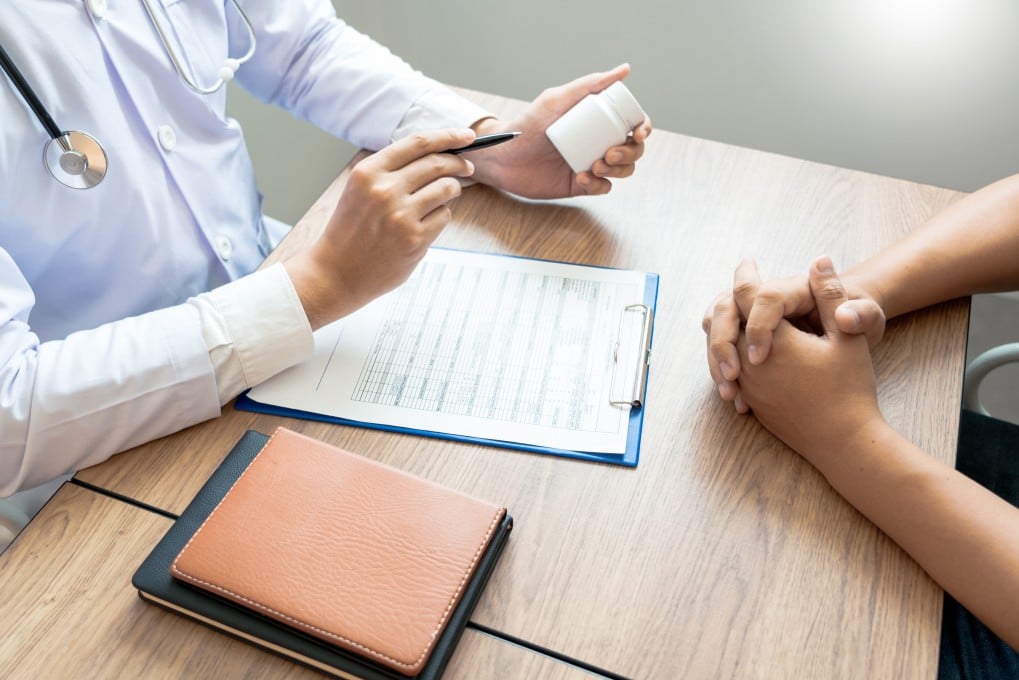Since the start of the COVID-19 pandemic, healthcare systems right across the globe have felt serious strain. And particularly in the United States, healthcare professionals have undergone immense pressure while caring for a growing and often overwhelming number of patients while having access to only limited resources.
Because of the urgency of treating the virus and the risks that come with treating a new and relatively untested disease, many of the liability regulations regarding healthcare providers, including pharmacies, have undergone temporary changes.
The risk of a lawsuit can make it more difficult for a medical professional to make the urgent and unprecedented decisions they need to treat a COVID-19 patient. This is why measures have been put in place to protect healthcare professionals while treating those infected with COVID-19.
Crisis Standards of Care
Providing care through this pandemic has led to states considering using Crisis Standards of Care (CSC). When enacted, these standards would enable healthcare professionals to legally prioritize patients due to limited resources, including the allocation of ICU beds and ventilators.
The CSC also provide hospitals and healthcare providers with broader protection from liabilities, although all medical professionals still can and should be held accountable for gross negligence and misconduct. Crisis standards would also allow for the reallocation of health facilities, supplies, and staff in order to meet demand during a public health crisis like the COVID-19 pandemic.
Each state has their own CSC, and currently, Arizona is the first and only state to have activated their crisis standards of care during this pandemic (and currently the only state to enact crisis standards in US history).
In addition to these standards, however, there are other regulations that affect medical liability on both a state and federal level.
Federal Liability Limitations
On March 24, the Secretary of Health and Human Services conferred limited immunity from certain tort liabilities for health professionals providing treatment to COVID-19 patients. This was allowed under the Public Readiness and Emergency Preparedness Act, or PREP Act.
Then in April, the Coronavirus Aid, Relief, and Economic Security Act (CARES Act) was passed. The CARES Act included measures that help to limit liability for licensed volunteer healthcare professionals as they respond to COVID-19 emergencies.
Additionally, healthcare workers who work at free clinics may have some protection under the Health Insurance Portability and Accountability Act of 1996 (HIPAA).
Other Regulations Affecting Healthcare Liability
Some of the other ways that healthcare professionals are offered protection from liability include:
Good Samaritan Laws: Every state currently has a good Samaritan law in place which protects healthcare workers who provide medical assistance at the scene of an accident.
This law generally applies to doctors providing care in emergencies outside of a hospital, but it could apply to some extreme situations in which care for a COVID-19 patient is immediately needed outside a medical facility.
The Uniform Emergency Volunteer Health Practitioners Act (UEVHPA): This act offers protection to healthcare workers who have out-of-state licenses who act in an emergency. However, it only provides coverage for out-of-state healthcare professionals who are registered in advance of or during an emergency.
Compacts: Specific compacts can enable healthcare providers to practice across state lines and in other specified situations during a crisis.
Pharmaceutical Liability During COVID-19
The measures that have been put in place for healthcare professionals during the COVID-19 pandemic may apply to pharmacies in cases where they are treating patients infected with the virus.
It is, therefore, important for pharmacists and pharmaceutical employees to be fully aware of any changes to their liability during the pandemic. Knowledge of liability limitations should not in any way decrease a healthcare provider’s level of care and treatment; but rather, it should enable them to use their best judgment in order to treat patients despite uncertainties relating to the virus, its treatment, and its effects.
Taking Precautions
Throughout this time, it is imperative that pharmacies ensure they take appropriate precautions to protect themselves against malpractice claims and cases. Despite the new liability limitations, pharmacies can still be held liable for cases claiming gross negligence or misconduct.
Additionally, normal liability risks remain in place for patient treatments that do not relate to COVID-19, as well as for other cases that could be brought against your organization such as general liability claims.
Pharmacies should make sure they are protecting themselves by keeping a strong insurance policy in place that includes professional and general liability insurance. When you are under the protection of reliable pharmacy liability insurance, you can serve your patients without the fear of unmerited lawsuits.




